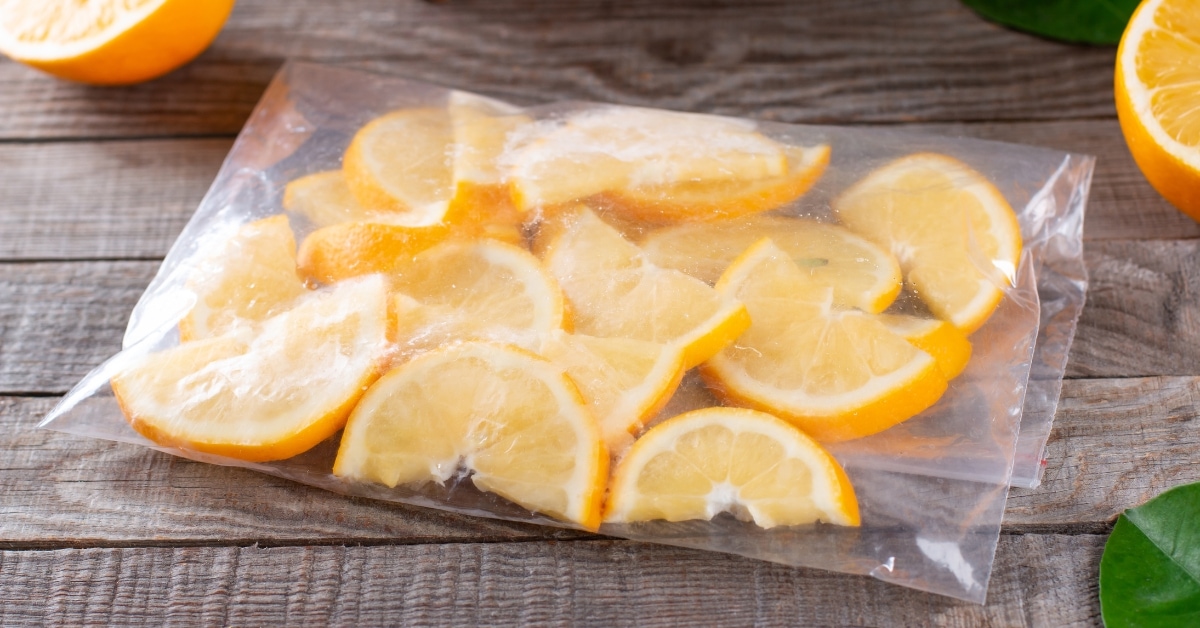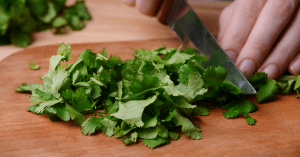To keep lemons fresh, store them at room temperature or in the refrigerator’s crisper drawer. If they’re at room temperature, place them in a bowl or a fruit basket. Keep them away from direct sunlight.
If you refrigerate lemons, put them in a plastic or produce bag to prevent moisture loss. Store them in the crisper to maintain freshness for up to 4 weeks.

Always ensure lemons are dry before storing them to prevent mold or spoilage. By following some easy tips and tricks, they’ll last so much longer.
Say goodbye to wasted produce and hello to zesty, tangy goodness in your dishes!
How to Store Lemons
Whole Lemons
If you plan to use lemons within a week, keeping them at room temperature is perfectly fine. Simply place them in a bowl or fruit basket away from direct sunlight.
If you want to extend the shelf life of whole lemons, refrigeration is the way to go. Wrap each lemon individually in a paper towel. Or, place them in a breathable produce bag or container before putting them in the fridge. This helps to maintain their moisture and prevents them from drying out.
Cut Lemons
Always store cut lemons in the refrigerator. The cut sides of the lemon dry out quickly. Refrigeration helps slow down this process.
To store cut lemons, wrap them tightly in plastic wrap or place them in an air-tight container. This helps to retain their juiciness. It also prevents them from absorbing odors from other foods in the refrigerator.
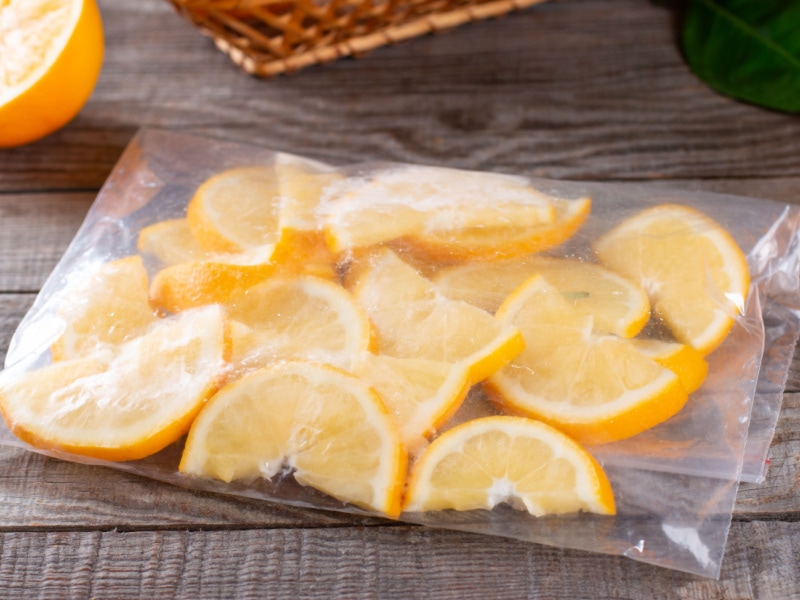
How to Store Lemon Zest and Juice
Lemon Zest
To store lemon zest, carefully remove the zest using a grater or zester, avoiding the bitter white pith. Place the zest in an air-tight container or sealable plastic bag.
Store it in the refrigerator to maintain freshness and prevent drying out. Use the zest within a week for the best flavor.
Lemon Juice
Pour the juice into an air-tight container, such as a glass jar or bottle. Seal the container tightly and refrigerate it.
Lemon juice can be stored in the refrigerator for up to a week. For longer storage, freeze lemon juice by pouring it into ice cube trays or freezer-safe containers.
Tips for Buying and Storing Lemons
- Check for vibrant color: Look for lemons with bright, vibrant yellow skin. Avoid pale lemons or those with a greenish hue, as they aren’t fully ripe.
- Refrigerate for longevity: To extend the shelf life of lemons, place them in a sealed plastic bag and store them in the refrigerator.
- Keep lemons dry: Moisture can lead to the growth of mold or spoilage. Before storing lemons, ensure they are dry. Wipe off any excess moisture on the skin using a clean paper towel.
- Preserving lemon juice: To store freshly squeezed lemon juice, pour it into an ice cube tray and freeze it. Once frozen, transfer the lemon juice cubes to a freezer bag.
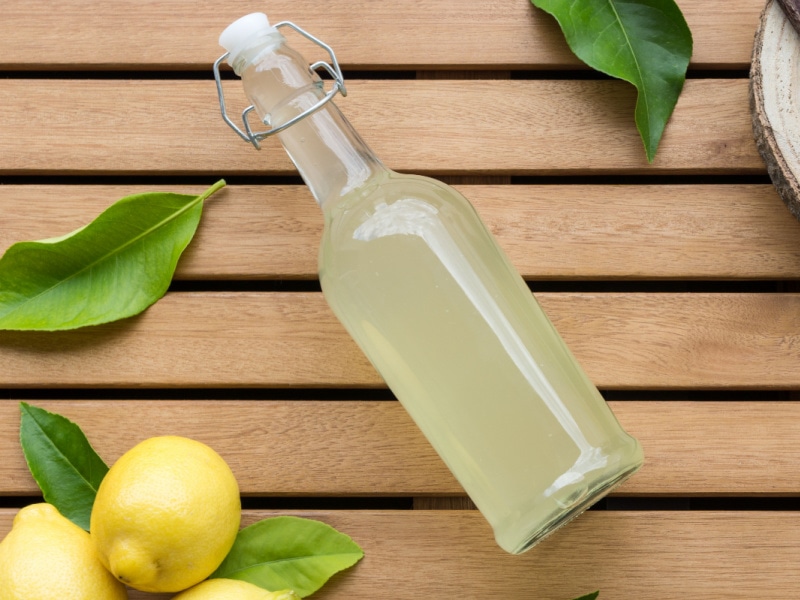
How Long Do Lemons Last?
The shelf life of lemons can vary depending on various factors. This includes their freshness when purchased and how they are stored.
On average, fresh lemons can last for about 1 to 2 weeks when stored at room temperature.
When refrigerated, lemons can stay fresh for up to 4 weeks or even longer. Over time, lemons will lose their juiciness and become wrinkled. But they can still be used for zest or juice.
Can You Store Lemons in Water?
Yes, you can store lemons in water to help keep them fresh for a longer period. It helps prevent them from drying out and keep them juicy.
To store lemons in water, simply place them in a container or bowl filled with water. Ensure they’re fully submerged.
How to Tell If Lemons Are Bad
- Appearance: Check for browning or discoloration on the skin. Mold growth or fuzzy patches are clear indications of spoilage.
- Texture: Squeeze the lemon gently. If it feels overly mushy or has a slimy texture, it has deteriorated.
- Odor: A strong, unpleasant odor is a clear sign the lemon is bad. Fresh lemons should have a citrusy, fragrant smell.
- Taste: If you’re unsure, taste a small piece of the lemon. If it tastes off, bitter, or has a rancid flavor, it’s best to discard it.
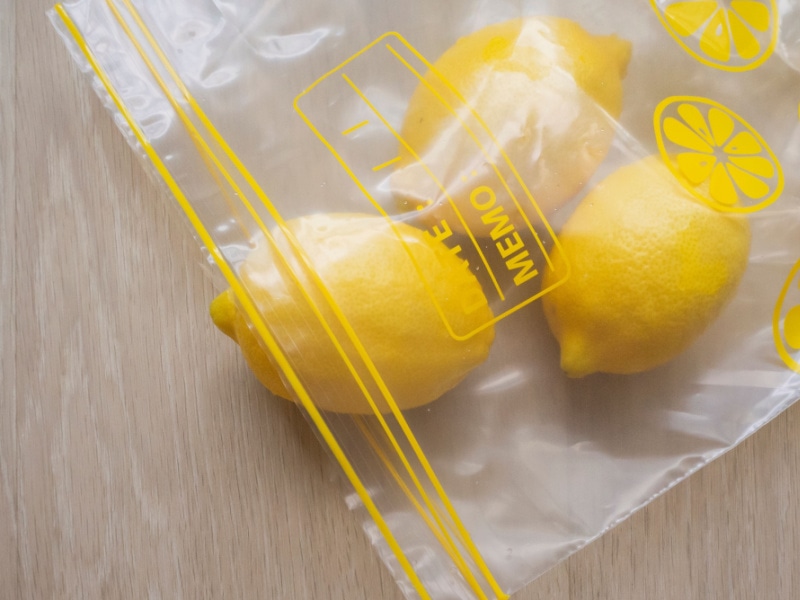
How to Freeze Lemons
Whole Lemons
Place whole, unwashed lemons in a freezer bag or container. Seal it tightly and freeze it. Frozen lemons can be grated for zest or juiced once thawed.
Cut Lemons
- Slice the lemons into rounds or wedges, removing the seeds if desired.
- Lay the slices on a baking sheet lined with parchment paper and freeze them until they’re solid.
- Transfer the frozen lemon slices to a freezer bag or container for long-term storage.
Lemon Zest
- Grate the zest from the lemons using a microplane or grater.
- Spread the zest in a thin layer on a baking sheet and freeze until it’s solid.
- Transfer the frozen zest to a freezer bag or container.
Lemon Juice
- Squeeze the lemons and strain the juice to remove any seeds.
- Pour the lemon juice into ice cube trays and freeze it until solid.
- Once frozen, transfer the lemon juice cubes to a freezer bag or container.


